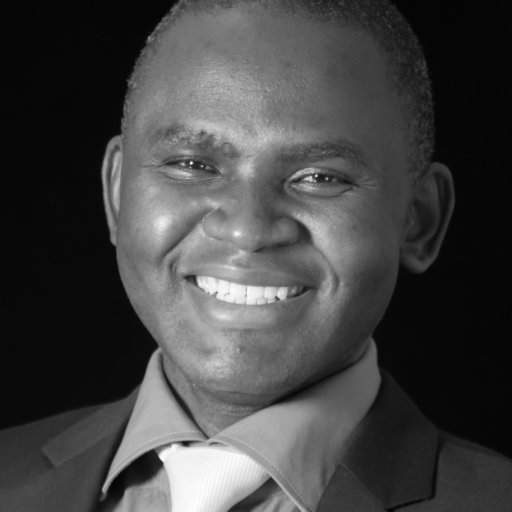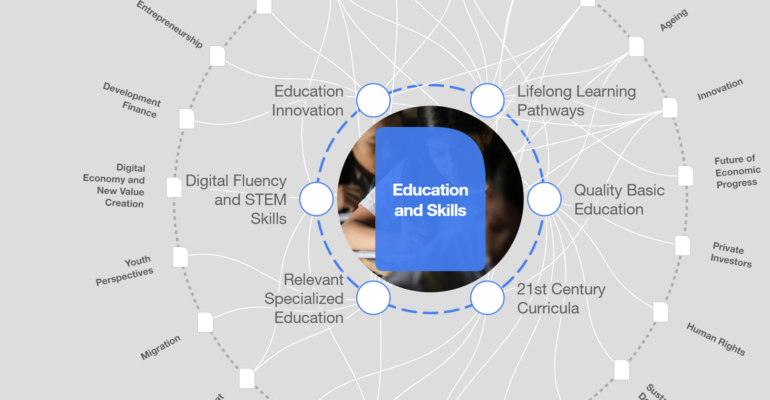Education 4.0: New Frontiers for a Hyperconnected World
October 21, 2021 2023-05-26 15:28Education 4.0: New Frontiers for a Hyperconnected World
Education 4.0: New Frontiers for a Hyperconnected World
Education 4.0: New Frontiers for a Hyperconnected World
The disruptive
COVID-19 has been a distractive, destructive and distancing disease, but also a disruptive agent. The disruption is a silver lining of sorts; it has shown us the new digital paths that we have for too long been too hesitant to follow. Going digital in education in the new era ushering in the Fourth Industrial Revolution is irresistible. It is Industry 4.0, hence Education 4.0. Collaborative telepresence in 5G environments is not a distant dream anymore. The new reality in the hyperconnected world calls for a change of worldview or Weltanschauung.
Aspire to digital fluency
Being digitally literate as lecturers is no longer an option or just a good idea, but an essential ingredient for borderless competence. Better still, make it a goal to be digitally fluent – a higher calling that will pay off for what it will transform in you. The inaugural Pacific Skills Summit held in Suva, Fiji, in June 2019 must have sensed the wind of change COVID-19 was preparing the world for. Digital literacy was a key theme at the summit.
The youth challenge is in productivity, not activity
Being active counts the minutes, the hours, the days, and eventually years of “experience” with advancing age. The youth must now work smatter by harvesting more value per minute to defeat this limiting linear growth trajectory. This is where productivity makes the difference. Youth activity on social media is good, but it now needs to be superseded by productivity where it matters – work. This is where the epicentre of the challenge lies.
Way forward
The growing number of mentorship and digital training programmes is a welcome sign. I see that as the rich ground in which DIGI-FACE is sowing. The revelation in a nationwide youth survey across Kenya completed in April 2021, that only 24% of college graduates could confidently say they had acquired work-ready skills upon graduation, is already telling enough (a study supported under the “University of Ideas” Competition by the African Centre for Career Enhancement and Skills Support – ACCESS). The need for volunteers and mentors is going to rise, but better still will be a genuine passion for learning so as to derive maximum benefits from the limited training opportunities.
To all the youth reading this: Be that passionate lifelong learner to stay afloat, a butte disrupting the productivity landscape and not just another ordinary member of the commonplace mountain ranges.

Nashon, a geospatial expert, lecturer and trained policy analyst applies dynamic models to complex adaptive systems. He is a youth mentor on career development and the founder of Impact Borderless Digital.








